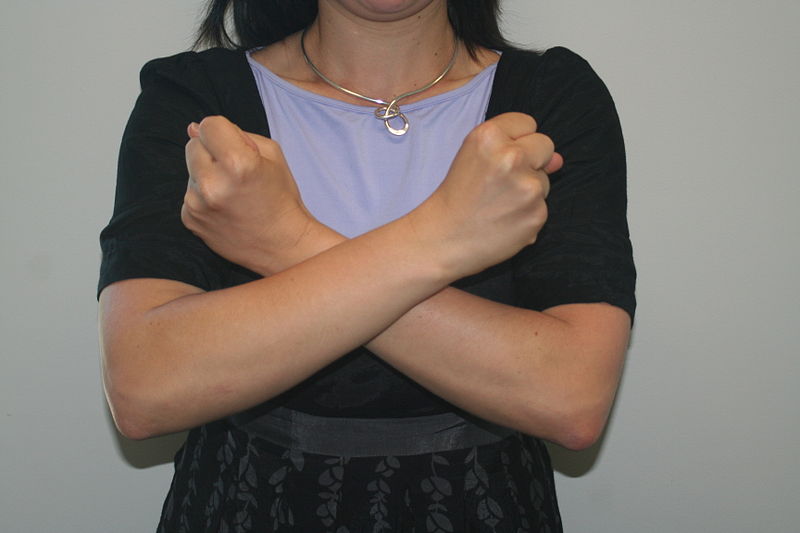In the wake of a brutal gang rape and murder of a 14-year-old schoolgirl in North Sumatra last month, the government is considering serious punishments for rape offenders.
This week, seven teenagers were sentenced to ten years in prison after being found guilty of raping and murdering a young girl. But the Indonesian government is expected to revise its laws, after the crime sparked outrage from citizens across the country.
Supporting the move to potentially include chemical castration and the death penalty is President Joko Widodo, who emphasized that cases of sexual violence should never be taken lightly:
“I want to give a warning about sexual violence against children. I want this to be considered an extraordinary crime, so the handling of it would also be in an extraordinary way,” Mr. Widodo stressed, as reported by ABC News.
In Indonesia, as many as 35 cases of sexual violence are reported every day according to the national commission. Currently, the sentence for rape in the country weighs a maximum of 15 years for adults, while other crimes including murder, drug trafficking and terrorism are punishable by death.
Despite overwhelming tension from Indonesians to apply more extreme punishments for these offenders, some would still prefer to conduct rigorous investigations and fair sentencing as opposed to chemical castration – an attempt to suppress a man’s sex drive by injecting drugs.
Indonesia’s National Commission on Violence Against Women, for instance, fears that castration will not be effective:
“Castration will not solve the problem,” said Azriana, the agency’s chief as reported by Wall Street Journal.
Instead, she encourages Indonesia to promote gender-equality education as a way to prevent more cases of sexual violence from happening.
Of at least a dozen men who were involved in the schoolgirl’s gang rape, five are still under investigations and the search for two other suspects continues.




